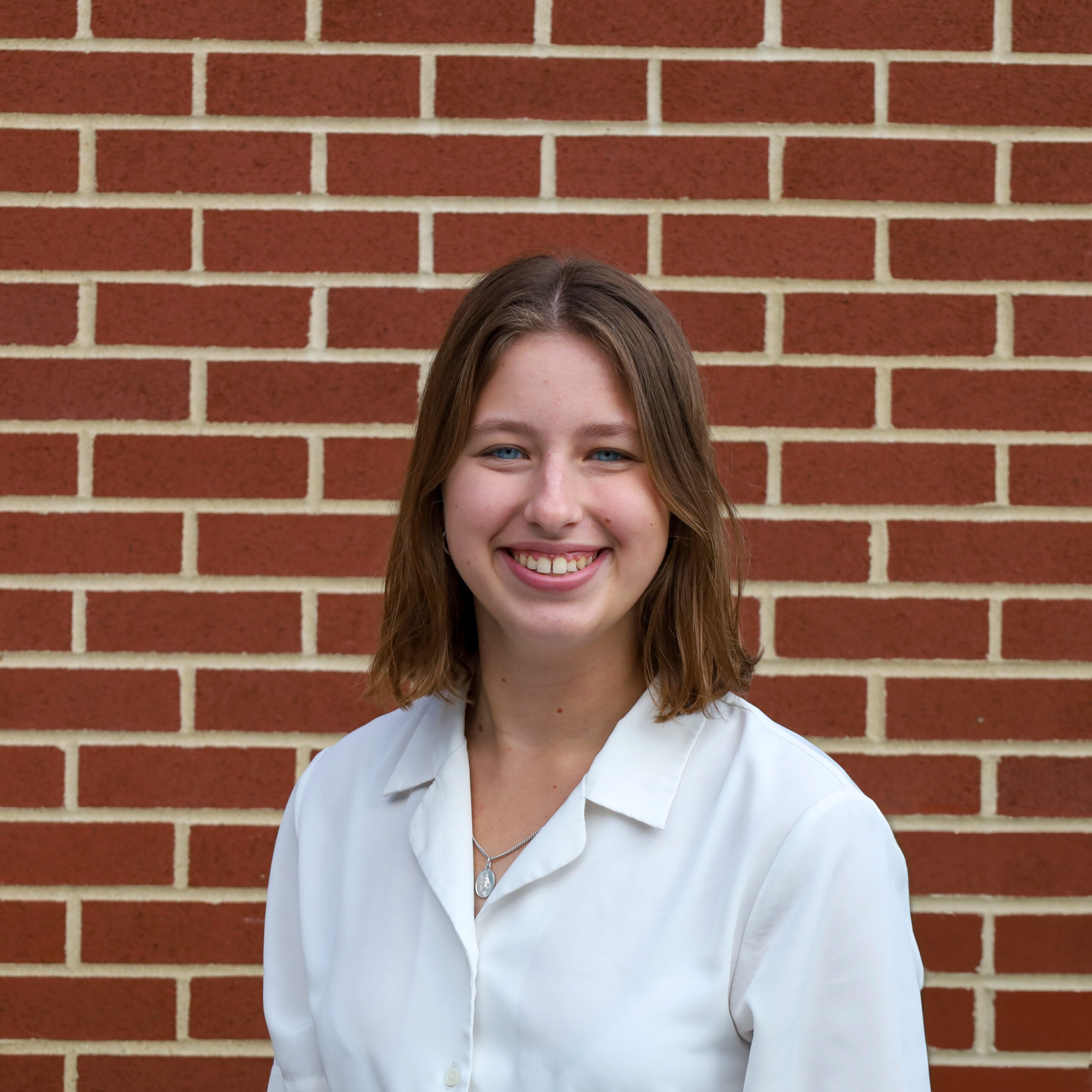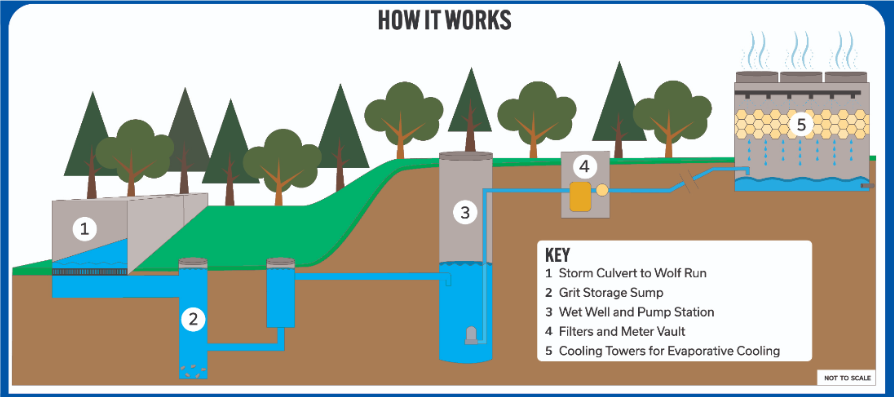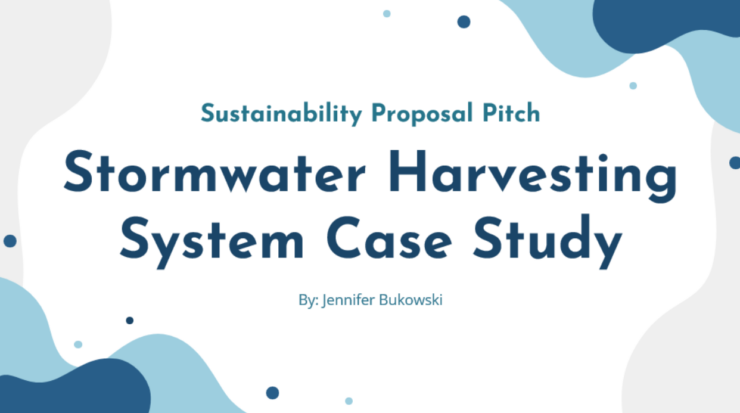SIP Interns: What are they up to?

Sophomore Chemical Engineering major, Jennifer Bukowski, UK Energy intern, has created a case study for the new Stormwater Harvesting Project recently launched this past summer. Working with UK Utilities and Energy Management, Chemtreat, LFUCG, the case study will be a document that can be used primarily for external educational purposes and will provide real-life numbers that can be used by researchers to quantify the success of the Stormwater Harvesting system and identify areas for improvements.
This case study will provide solid documentation with well-vetted numbers to confirm estimates that were made on the initial installation of this project and provide an account of how the project is performing. This case study will be a helpful tool for UK Utilities and Energy Management and UK Sustainability to use when reporting on water conservation efforts.
How it works:

All runoff rainwater from around 200 acres on campus is redirected into the storm culvert collection basin. From there, UK can collect up to 23 million gallons per year. Through a series of pumps and heat transfers, the water is used in campus cooling plants that produce chilled water for air conditioning, refrigeration, research, etc.
This project aids UK in modeling environmental excellence, which is one of UK’s sustainability goals. Actually, it’s one of our five guiding principles;
- Make the pursuit of sustainability goals an integral part of the UK student experience
- Reinforce the University’s commitment to our people
- Decarbonize Campus Operations
- Become a Zero-Waste Campus
- Model Environmental Excellence
Specifically, this project will contribute to sustainability on campus by supporting the work outlined in Goal 5.1 “Demonstrate excellence and innovation in water conservation and stewardship,” as well as action item 5.1.1 “Benchmark and report annually on UK’s water footprint by 2024.”
Due to the Stormwater Harvesting project only being installed in the 2023 summer season, there are not any reports or hard, well-researched data that gives the whole picture of the success of the project to date. As part of her proposal, Jennifer will also be updating a version of the cooling tower calculator used to calculate the money saved by implementing the recycling of rainwater to power elements of UK campus. The current calculator is based on assumptions of savings and may not be completely accurate. With the updated version, the numbers will be well-documented in an appendix, to allow simplification of future modifications. Jennifer hopes that by completing this case study on the Stormwater Harvesting project, there will be quantitative data numbers that confirm the success of the project and turn the assumptions of success into hard evidence.
The proposed timeline for this case study is to collect and gather data on the Stormwater Harvesting project between January 15th-February 21st. After collecting the data, Jennifer will analyze and generate graphics, while troubleshooting issues and examining discrepancies. The drafted calculator and detailed appendix will be finalized by the end of February, and the draft of the case study will be finished by the beginning of March. After finalizing all details the of project, the completed case study will be published by April 15th 2024.
“I am very excited to see how the Stormwater project has performed in its first year. I am also looking forward to seeing the results of water conservation on UK campus.”
Jennifer Bukowski, SIP Intern
We are excited to support Jennifer in her project and hope to help her make an impactful contribution to the success of water conservation on campus!



























